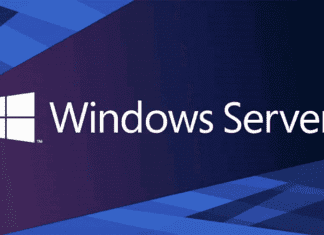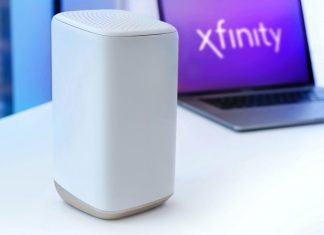The most obvious difference between laptops and desktops is the laptop’s portability, which comes in hand when a job requires you to be out of the office. While it’s a great feature to have and nearly a necessity for most people, a desktop is a king when it comes to performance, especially at a similar cost to a laptop.
So the question, what is more, critical for your usage needs, overall performance at the same price point, or the flexibility that a laptop provides?
The performance features of a desktop simply are better than most laptops. In part, this is due to the size of a desktop, the types of hardware installed, and the flexibility for future modifications to a desktop is much easier than laptops.
The Difference Between Laptops And Desktops
The main takeaways when deciding between purchasing a new desktop and laptop are:
- Flexibility Of Use: With a laptop, you can take it with you and work from anywhere so long as the battery is charged, whereas a desktop is at a fixed location.
- Performance Of Hardware: Desktops outperform laptops of similar design. The mechanics of the devices are larger and able to tackle more tasks smoother – space keeps the mechanics cool. It prevents overheating, a significant issue in some laptops that affects performance.
- Future Modifications: A desktop’s benefit is modifying the hardware quickly, while a laptop is more a fixed device, and upgrades may be costly and complicated.
- Price Point For Similar Performance Standards: Similar performance quality between a laptop and desktop favors a lower price with a desktop.
- Durability: Since desktops are location-dependent, wear-and-tear will be slower than on a laptop that may get dropped, spilled on, or other damage incurred due to its portability.
If your computing needs are high-end performance at a lower price and with the ability for modifications to the hardware, then a desktop may be the right fit for you. For most of us, the convenience of picking up and traveling with the laptop makes it the computer of choice.
Knowing the two devices’ primary differences is vital in your decision-making process. Still, for the sake of argument, the rest of this article will focus on the benefits associated with a laptop.
(Top 3) Things To Know Before Buying A New Laptop
When you begin shopping around for a new laptop, you need to designate the computer’s primary use. Are you purchasing it for gaming and streaming content, work convenience, looking to write long-form content or shorter versions, and who will be the primary user?
1. Who Is The Primary User:
You are defining who and how the device is used will help you be more informed as you look at all the performance options. A laptop devoted to entertainment will have some different hardware specs than one that is basically a glorified typewriter, and those defining performance features will be reflected in the overall price of your new machine.
2. What Is The Device’s Primary Use:
Knowing how you plan to operate your laptop is just as important as who will use it. Different specs and modifications for devices can affect the performance, battery life, and price of the unit, especially as more changes and upgrades are added.
3. What Is The Operating System:
One last thing to consider in your laptop is the type of software platform and apps that are offered. A MacBook by Apple operates on iOS that seamlessly integrates other Apple devices. Meanwhile, a Google Chromebook runs on a Google operating system, while most laptops work on a form of windows.
Knowing the type of operating system software you want for your laptop needs to consider integration with other systems and devices that may be necessary for your work and entertainment purposes.
As we discussed, knowing the type of software is the next step in choosing your new laptop.
Whether you’re looking to integrate vertically with all other devices within one operating system such as Apple’s iOS or looking for multiple use and users, especially when planning your office and laptop to utilize by numerous users, choosing the right software is crucial.
Understanding the operating system is vital for user integration, especially for a workplace laptop where multiple people may have different operating systems.
For example, someone working in IT will have different software application needs than someone whose primary usage will be entertainment.
Whereas construction sites can present all types of challenges, having a laptop that offers the right kind of software for contractors that can integrate with other design and team members is crucial for the project’s success.








